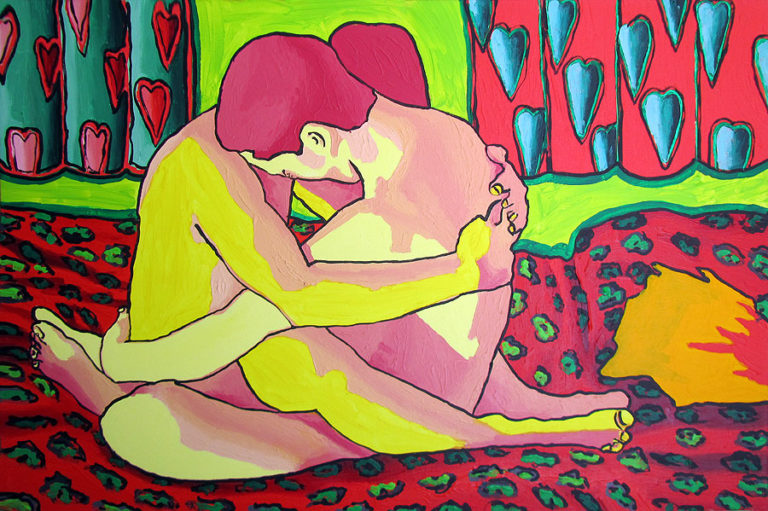
At your own risk: The criminalisation of HIV non-disclosure in Singapore
Daryl Yang considers the criminalisation of non-disclosure of HIV in Singapore, and the implications of a recent legal development for LGBTQ+ Singaporeans.

Daryl Yang considers the criminalisation of non-disclosure of HIV in Singapore, and the implications of a recent legal development for LGBTQ+ Singaporeans.
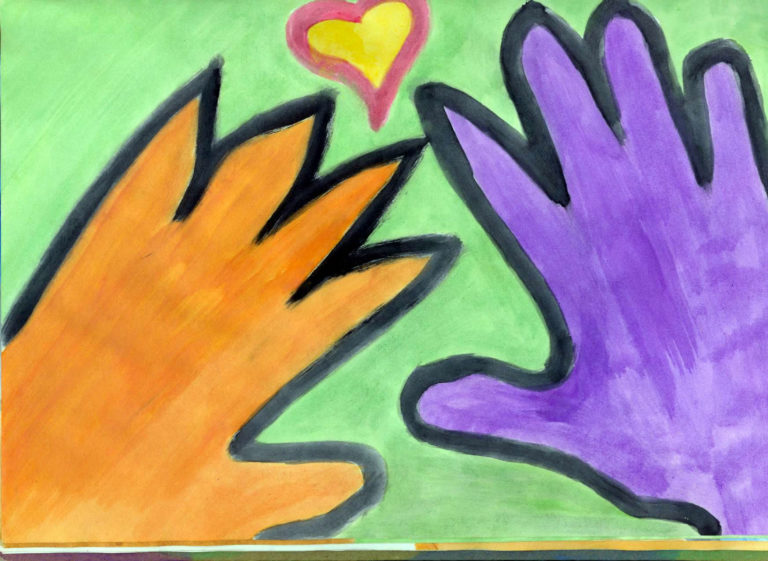
In Amirah Al Wassif’s poem, she captures the cadence of many women’s voices and unites them all with a sense of resilience and hope.

Bidjara Dreaming is a poem based off true stories handed down to Leroy Wilson from his grandfather and great-grandmother from the Bidjara country
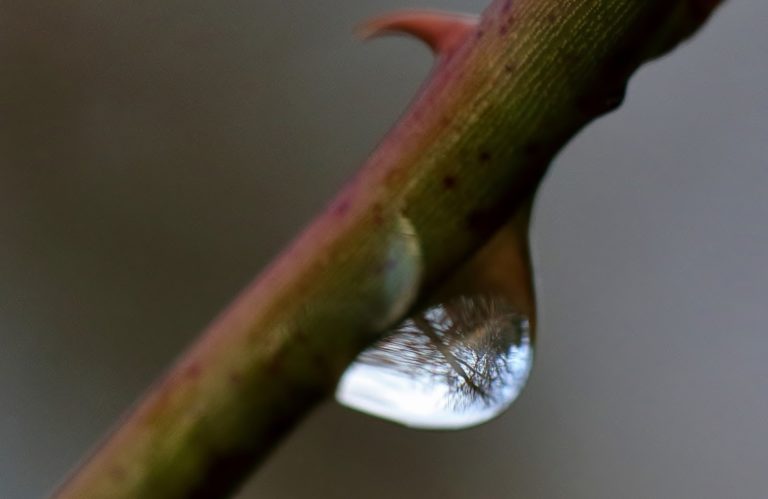
Geoffrey Aitken’s poem ‘Arrhythmic’ captures with brevity a world in disarray.

How will automation and globalisation affect the way we work in the future?
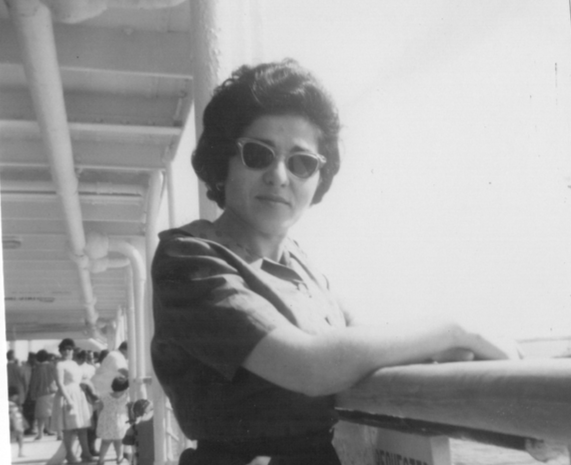
How can we use human rights to ensure that the worst of what humanity is capable of is kept at bay?

Kat George chats with Global Diversity and Inclusion Strategist Fadzi Whande about the opportunities and struggles for diversity, inclusion and empowerment that exist within our institutions.
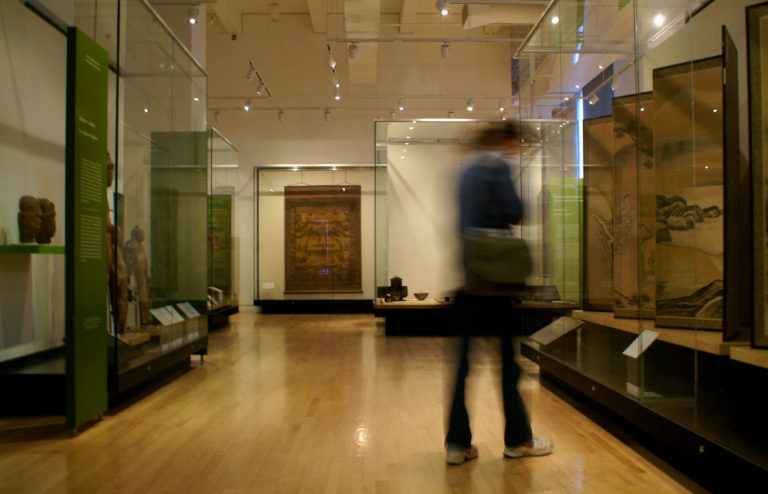
Sarah Yeung reviews the In Visible Ink symposium, in light of the role of museums as both sites of trauma and healing.
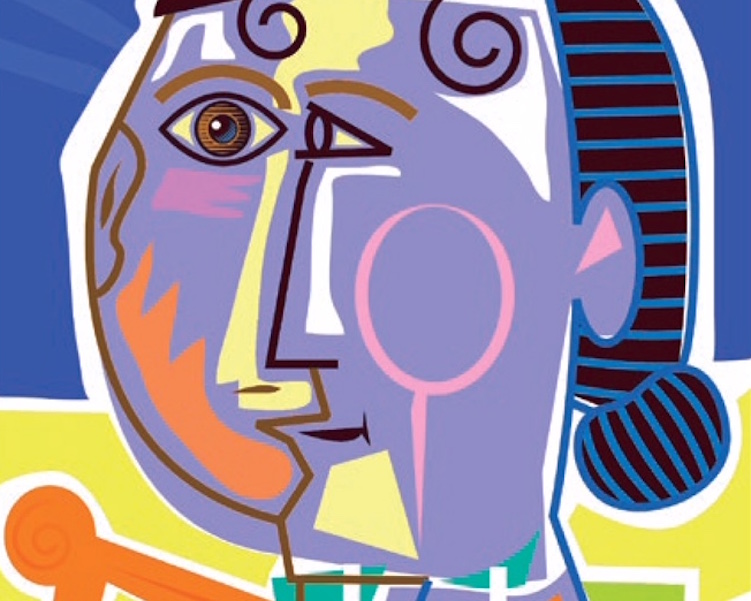
Surrogacy violates the basic human rights of women and children. Dr Renate Klein explains why the practice should be banned in Australia to protect the most vulnerable.
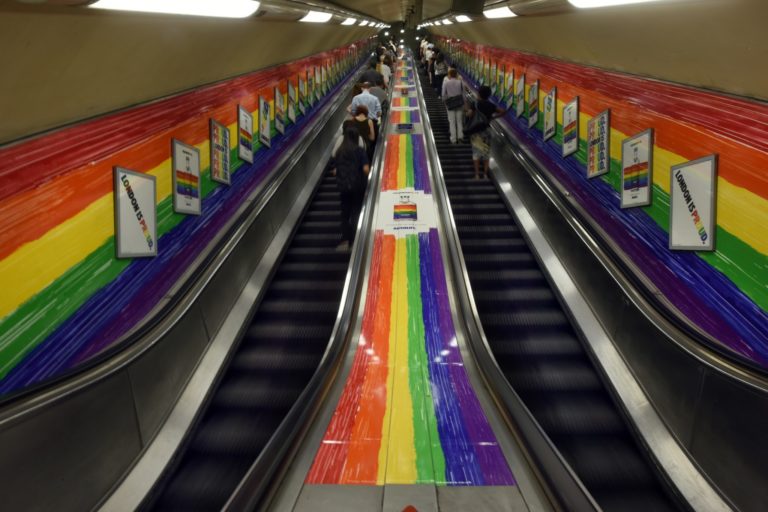
The Channel, a collective giving vehicle, is raising and pooling funds from the contributions of its members, and distributes them in the form of grants to ‘rainbow’ community projects nationally.
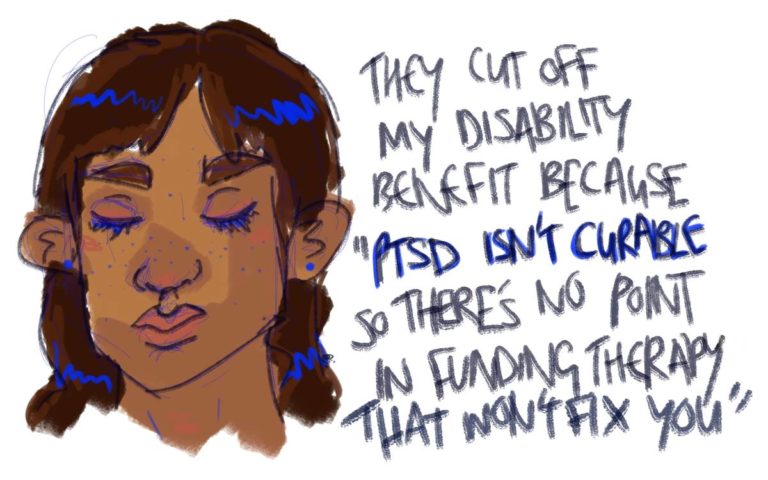
Metiria Turei made welfare system reform a part of the conversation during the NZ election. Since her resignation, We Are Beneficiaries has continued that conversation, revealing the cruelty and judgment behind New Zealand’s social welfare system.